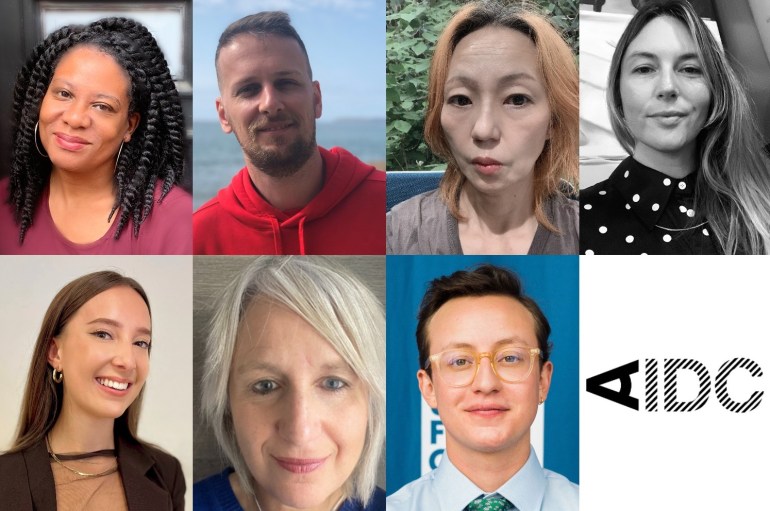IF caught up with some of the key domestic and international decision makers attending the Australian International Documentary Conference (AIDC) next week to find out what they’re looking for.
American Documentary/POV (US)
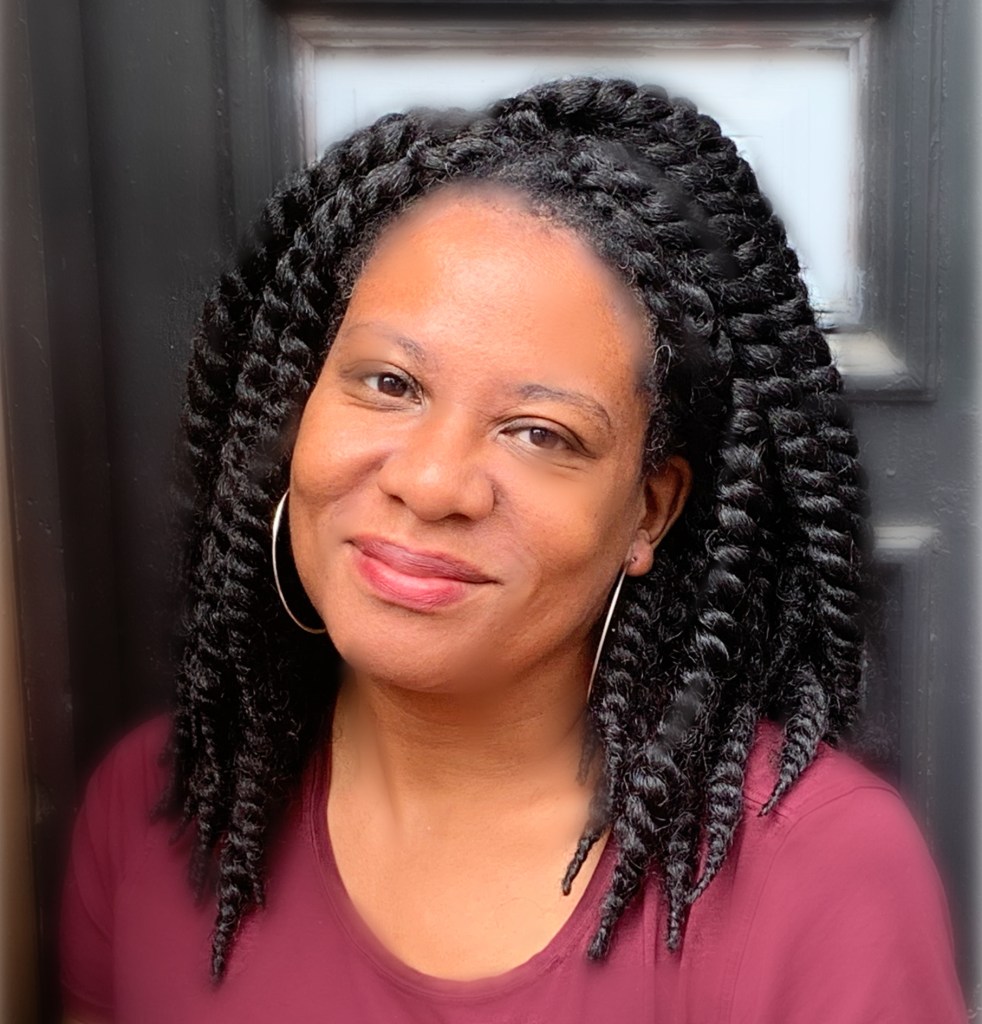
Erika Dilday, executive producer
Why are you attending AIDC and what is your interest in the Australian market?
As an American broadcaster, I feel that it is important for our audiences to appreciate and understand the entire world. I believe that I have to go to the sources to appreciate and find the stories that matter. AIDC gives me a great opportunity to interact and meet with Australian filmmakers and see their work.
What sort of projects are you looking for?
I want stories that are told authentically, that are genuinely representative of the communities they portray and that spur discussion and even action for their audiences. I am particularly interested in stories by First Nation people and other underrepresented communities.
What are your tips for pitching to you and what materials do you want to see?
I want to know why you are making the film and why you are the right person to make the film. I often tell people to give me about ten minutes of their best selects — ones that show their style, their protagonists, their photography and points of conflict. The pieces don’t have to fit together seamlessly.
What are some of your recent documentary/factual successes?
Midwives, by Hnin Ei Hlaing. It is a co-production for POV and the story of two midwives, one Buddhist, one Muslim, providing services to the Rohingya in Myanmar. Through their experiences we are able to see and experience many of the larger political and social issues while appreciating a deeply human story. It won the Sundance World Cinema Documentary Special Jury Award for Excellence In Verité Filmmaking.
What other documentary or factual projects have you loved recently?
I was blown away at by Joe Brewster and Michele Stephenson’s film: Going to Mars: The Nikki Giovanni Project. I think it is an excellent window into Black America, Queer America and Female America through a larger-than-life icon.
ARTE (France)
Alexandre Marionneau, head of international co-production, society and culture department
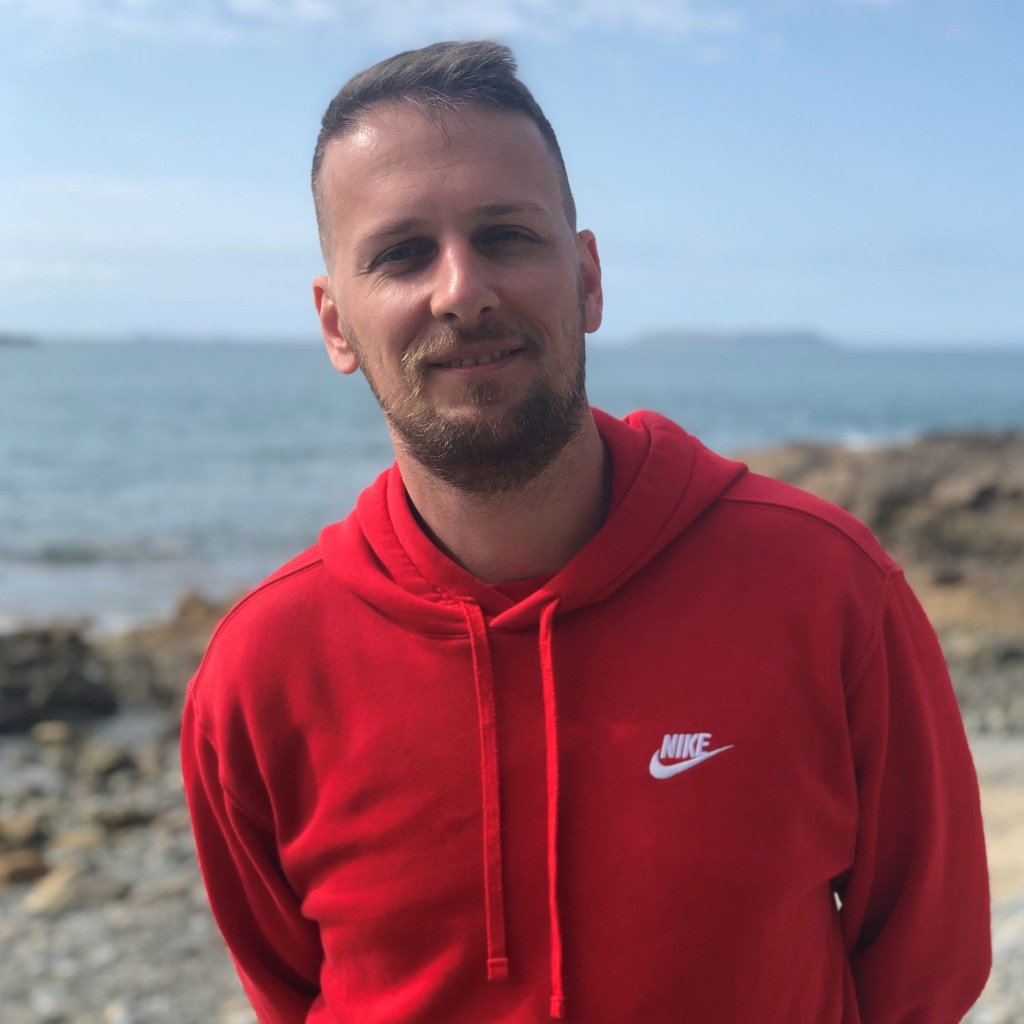
Why are you attending AIDC and what is your interest in the Australian market?
I’ve had very positive echoes from everyone who participated before. I am eager to discover the Australian and Oceanic way of telling stories, and I’m curious to see what works in that part of the world.
What sort of projects are you looking for?
Mostly current affairs: investigation, geopolitics, recent history. We need a European or global point of view on stories, so let’s see if it works.
What are your tips for pitching to you and what materials do you want to see?
Strong idea = short pitch. I respond very positively to good trailers.
What are some of your recent documentary/factual successes?
We co-produced Escape from Kabul with BBC & HBO (Amos Films/Jamie Roberts) and Qatar, a dynasty conquering the world (Brainworks/Sylvie Lepetit + Miyuki Droz Aramaki).
What other documentary or factual projects have you loved recently?
The 2023 IDFA Grand Prize Apolonia Apolonia (Lea Glob) was amazing. And I only recently saw The Mole Agent (Maite Alberti), and I will keep that movie in my heart for a long time.
NHK (Japan)
Natsu Kawakami, producer

Why are you attending AIDC and what is your interest in the Australian market?
Our purpose is to find out about the current Australian market, to look for films for future acquisition and potential co-production projects.
What sort of projects are you looking for?
Typically, we participate in projects that focus on human challenges, often highlighting regional issues. With few exceptions, films must have non-Japanese themes and must be shot outside Japan.
For acquisitions, themes vary. Our aim is to highlight current issues in various regions and present viewpoints from diverse groups of people around the globe.
What are your tips for pitching to you and what materials do you want to see?
To be precise, have exclusive access, a strong story line and a solid idea of how you would like to end the film.
What are some of your recent documentary/factual successes?
- We have been focusing on the war in Ukraine, situations in the neighbouring former Soviet nations, and relationship between Russia and the West. Ratings have been generally high for both human stories and journalistic reports in these areas.
- The Queen: Mother and Monarch and other films on Queen Elizabeth II and the royal family have always been popular among our adult audience.
- Lies, Politics and Democracy
- What Killed the Whale had high ratings and was regarded as timely because it coincided with a whale stranding in Osaka.
What other documentary or factual projects have you loved recently?
Midwives and Hidden Letters.
Sundance Film Festival (US)
Ash Hoyle, programmer
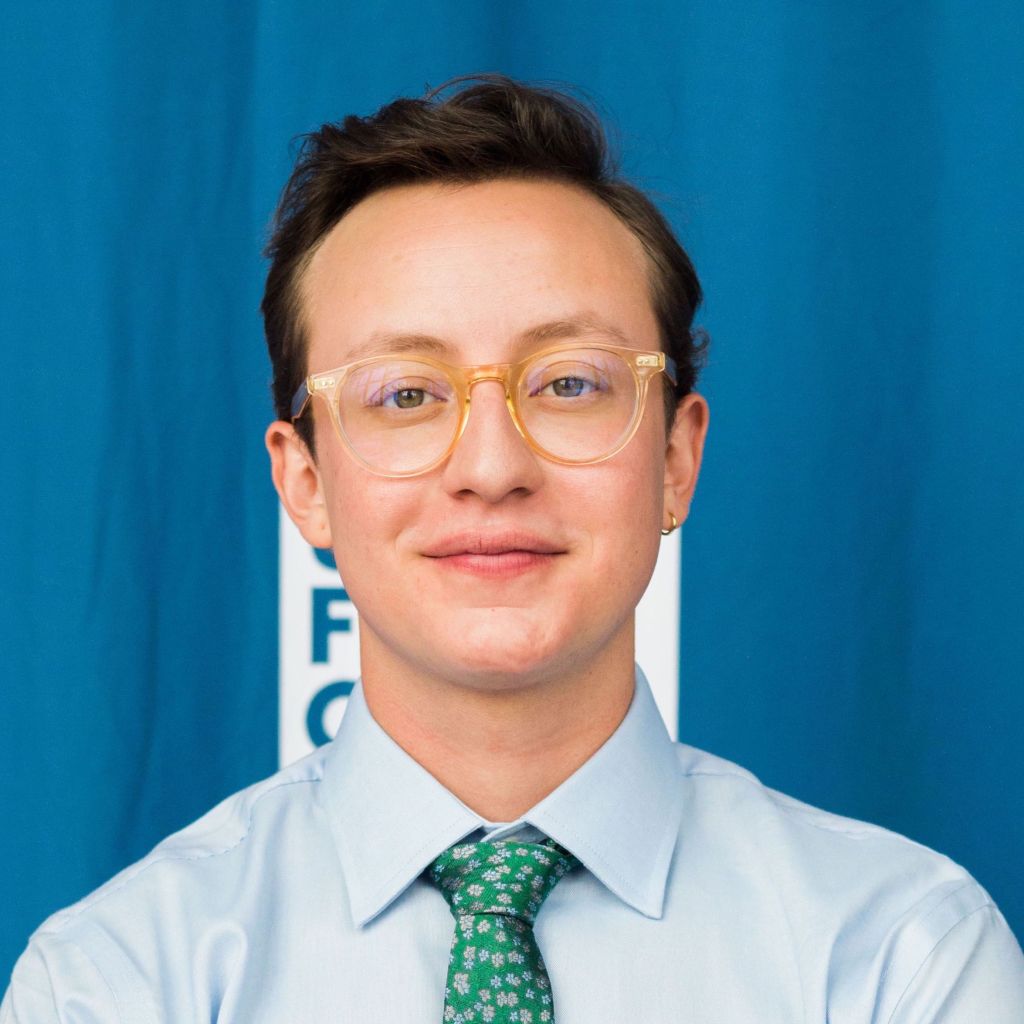
Why are you attending AIDC and what is your interest in the Australian market?
I am really pleased to be a part of AIDC this year. Sundance has been fortunate to platform the works of many Australian filmmakers, including a significant number at the last Sundance Film Festival. We have our eyes on the Australian market and as part of our year-round work as curators, we are interested in connecting with more filmmakers in the region and learning more about the stories bubbling up here.
What sort of projects are you looking for?
Proudly, we do not quite have an answer to that question since Sundance is open to such a wide variety of stories and storytelling modes. Rather than prescribe what a Sundance film is, we want artists to show us. I am excited and open to see what the AIDC filmmakers have to offer and most looking forward to works that feel fresh, singular, powerful, bold, and independent.
What are your tips for pitching to you and what materials do you want to see?
These pitches are most useful to me as a festival programmer to gather key information about your project, but moreover to get a sense of your point of view as an artist and the spirit of your work. These events most importantly serve for us as a means to connect directly with filmmakers, so kicking off and then maintaining that relationship are the ideal use of these pitches.
What are some of your recent documentary/factual successes?
We are so proud that four out of five of this year’s Academy Award Nominees for Best Documentary Feature premiered at the Sundance Film Festival, as did last year’s Oscar winner in the category, Summer of Soul (…Or, When the Revolution Could Not Be Televised). These are huge successes for our festival, but moreover for these incredible non-fiction filmmakers and the independent film world at large. These are top of mind because of the freshness of that news, but success looks different for every project – be it awards runs, signing with representation, connecting with collaborators, or securing distribution. We know that all those things came together at our last festival edition and that is always our most prideful success.
What documentary or factual projects have you loved recently?
Kokomo City that premiered with us this year at the Festival and which won the NEXT Innovator and NEXT Audience awards is a film I really love and it has been such a joy to watch it meet the world to such uproarious response. That is the power of our artist and audiences coming together and we’re excited to start our cycle to search for next year’s films and filmmakers.
Melbourne International Film Festival
Kate Jinx, programmer
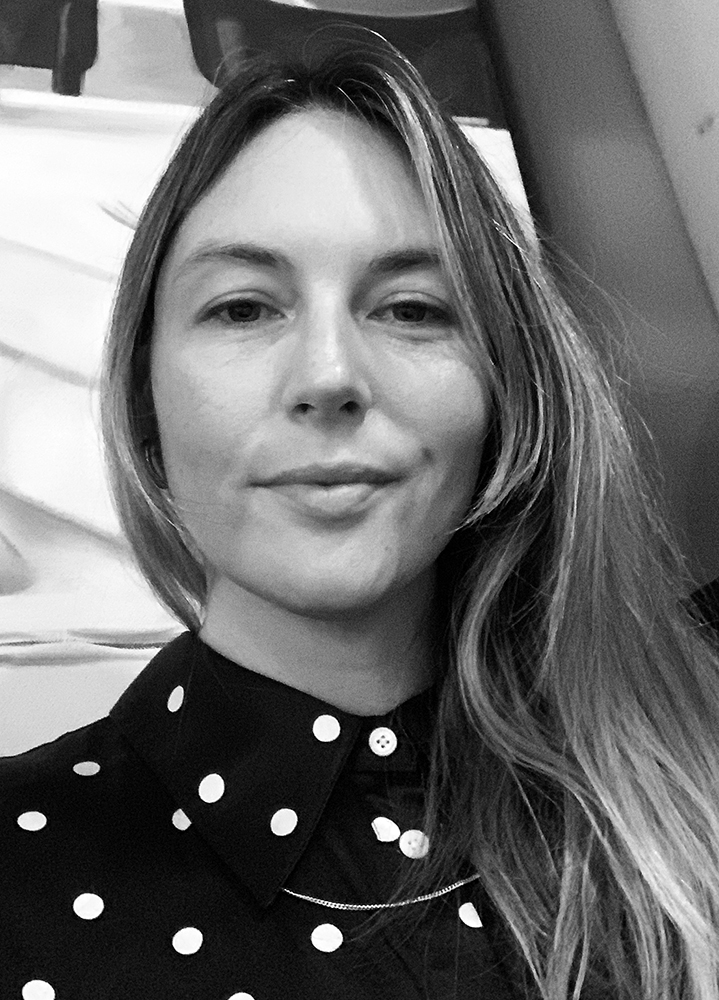
Why are you attending AIDC and what is your interest in the Australian market?
I’m attending as a decision maker to look out for new and upcoming documentaries that we may be able to feature at a future MIFF.
What sort of projects are you looking for?
I’m looking largely for feature documentaries and factual series that would lean well into a cinematic placement. New stories, untold stories, or a fresh spin on an old story!
What are your tips for pitching to you and what materials do you want to see?
I’d like to know the broader concept behind the project – why this story, why this team working on this story, and why this story right now? I’d also like to know what kind of an audience or community the team envisions would be interested and/or benefit from their project – and do they see it as suiting festival screenings.
What are some of your recent documentary/factual successes?
MIFF has rather robust documentary and experimental documentary strands each year – it’s a genre we’re all very passionate about and search the globe for the very best each year! That said, it’s always wonderful to see a new spotlight shone on subjects closer to home.
What other documentary or factual projects have you loved recently?
10 favourite documentaries/hybrids from the most recent MIFF in August 2022 (hard to pick from such a big list that I had to cap it or we’d be here all day): All That Breathes, Because We Have Each Other, Fire of Love, Framing Agnes, Franklin, Futura, Jane By Charlotte, Man on Earth, Nelly & Nadine, The Plains…
BBC Storyville (UK)
Lucie Kon, commissioning editor
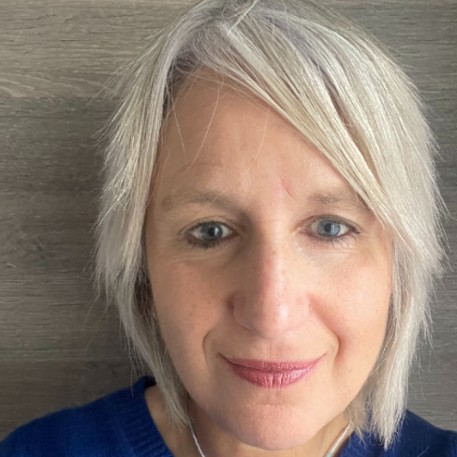
Why are you attending AIDC and what is your interest in the Australian market?
As commissioning editor for Storyville it’s a huge privilege to be part of the team responsible for bringing the very best international feature documentaries to audiences in the UK.
I jumped at the invite to be at AIDC. The Australian market is a really important one for us – a place to meet new and diverse talent from Australia and beyond, developing and making ground-breaking, inspiring and feature docs that will make their mark with our audience back home.
What sort of projects are you looking for?
Audiences are at the heart of what we do. We want people to watch, to be touched, entertained, shocked, enlightened by our films. The story is always key – it needs to matter to the audience – they need a reason to watch and to be thinking and talking about it long after they have finished. So, stories that are relevant to now are important. Stories that will appeal to a broad, young and diverse audience. Most of our films are observational (definitely not presenter-led). At their heart they need to have brilliant characters who will draw audiences in, make them want to watch. We want authentic stories told by filmmakers who are passionate about them. Sometimes the filmmaker might be telling their own story. Other times they are shining a light on someone else’s. A lot of our films are beautifully shot, feel epic, but we are not averse to films that are more experimental – one coming up later in the year was shot entirely on a mobile phone and it really works. From the very first frame, it draws the audience in. People get it and are hooked. We want to tell stories that have light as well as shade. Often, our films focus on dark stories, and whilst that can work really well, so too can stories that are lighter, or stories that mix light and shade.
What are some of your recent documentary/factual successes?
We are very proud that two of our films from the last year have Oscar nominations – Navalny and A House Made of Splinters. Navalny also won a BAFTA and had Grierson nominations in the UK. So many others that we are proud of too – Writing With Fire, A Bunch of Amateurs, Three Minutes A Lengthening and so much more. I am particularly excited about some of the projects we have coming up over the next few months but sadly, if I tell you, I will have to kill you, so probably better that you watch this space!
What other documentary or factual projects have you loved recently?
Summer of Soul was incredible, All That Breathes, the brilliant Netflix series, Jimmy Saville: A British Horror Story and The Surgeon’s Cut.
TVF International (UK)
Colette Webber, senior acquisitions and sales executive
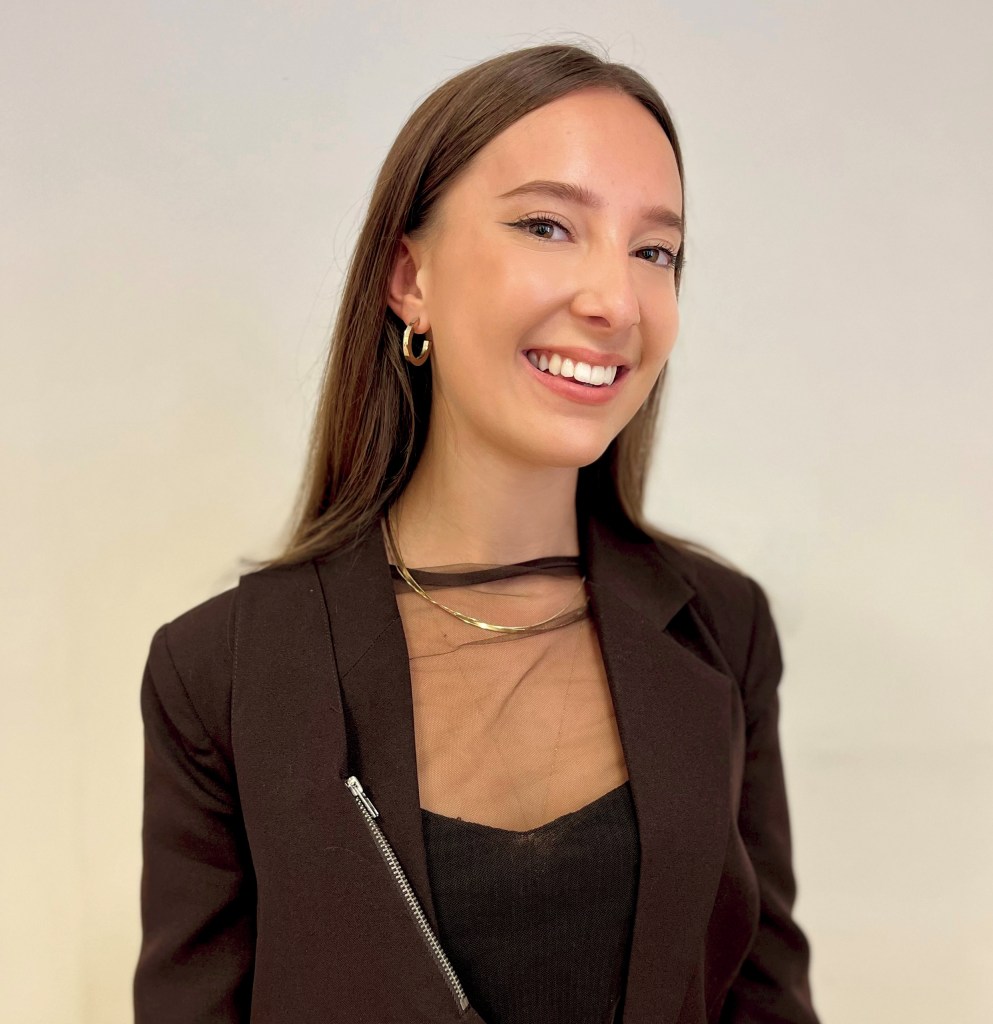
Why are you attending AIDC and what is your interest in the Australian market?
TVF International are approaching our 30-year anniversary and over the last decade in particular we have developed some incredibly valuable partnerships both with producers and with broadcasters Down Under! It’s been a few years since we have had the opportunity to catch up in person with our Aussie partners though, so we’re ready to get stuck in and see what new, exciting projects we can support one another with.
What sort of projects are you looking for?
Our heartland is still very much specialist factual, so we are always on the hunt for high quality science, history and wildlife programming, as well as true crime and topical world affairs. However, our catalogue encompasses everything from factual entertainment and lifestyle series to exceptional one-off documentaries – if your factual project can offer exclusive access, a previously untold narrative or has intrinsic commercial appeal within the international market, I would love to take a look.
What are your tips for pitching to you and what materials do you want to see?
From acquiring finished tapes and securing pre-sales for in development projects, to advising on editorial direction from a commercial perspective, we are used to working in a host of different ways. We are therefore open to being pitched titles at even an early stage. In order to take a title under consideration though, we always need to see a strong concept presented in a clear, concise treatment and, if possible, a sizzle or teaser fleshing out the tone and style.
What are some of your recent documentary/factual successes?
Our collaboration with Future Studios and Warner Bros. Discovery means audiences across UK, Europe and Latin America will soon be able to hear the uplifting stories told in Unbelievable Me, a docuseries following extraordinary people living with rare conditions. A project which started out as a short-form, online series is now a fully-fledged television series as a result of this collaboration, ensuring that incredible stories of individuals like Kanya Sesser – an avid Skateboarder born without legs – are told all around the world.
What other documentary or factual projects have you loved recently?
We are very excited about our upcoming history docudrama co-production Dunhuang: Ancient Frontier Fortress from IFA Media and Tencent. It’s a highly dramatic exploration of the rise and fall of the ancient Chinese fortress city Dunhuang, featuring large scale battles, warlords, and China’s only female emperor, Wu Zetian. The Game of Thrones style recreations are directed by Irish director Ruan Magan (The Men Who Built America) – they are some of the best dramatic reconstructions we have seen in factual. Recreations are very much in vogue across premium history and crime programming, partly as a result of the streamers raising production values across these genres and increasing the audiences’ expectations.


